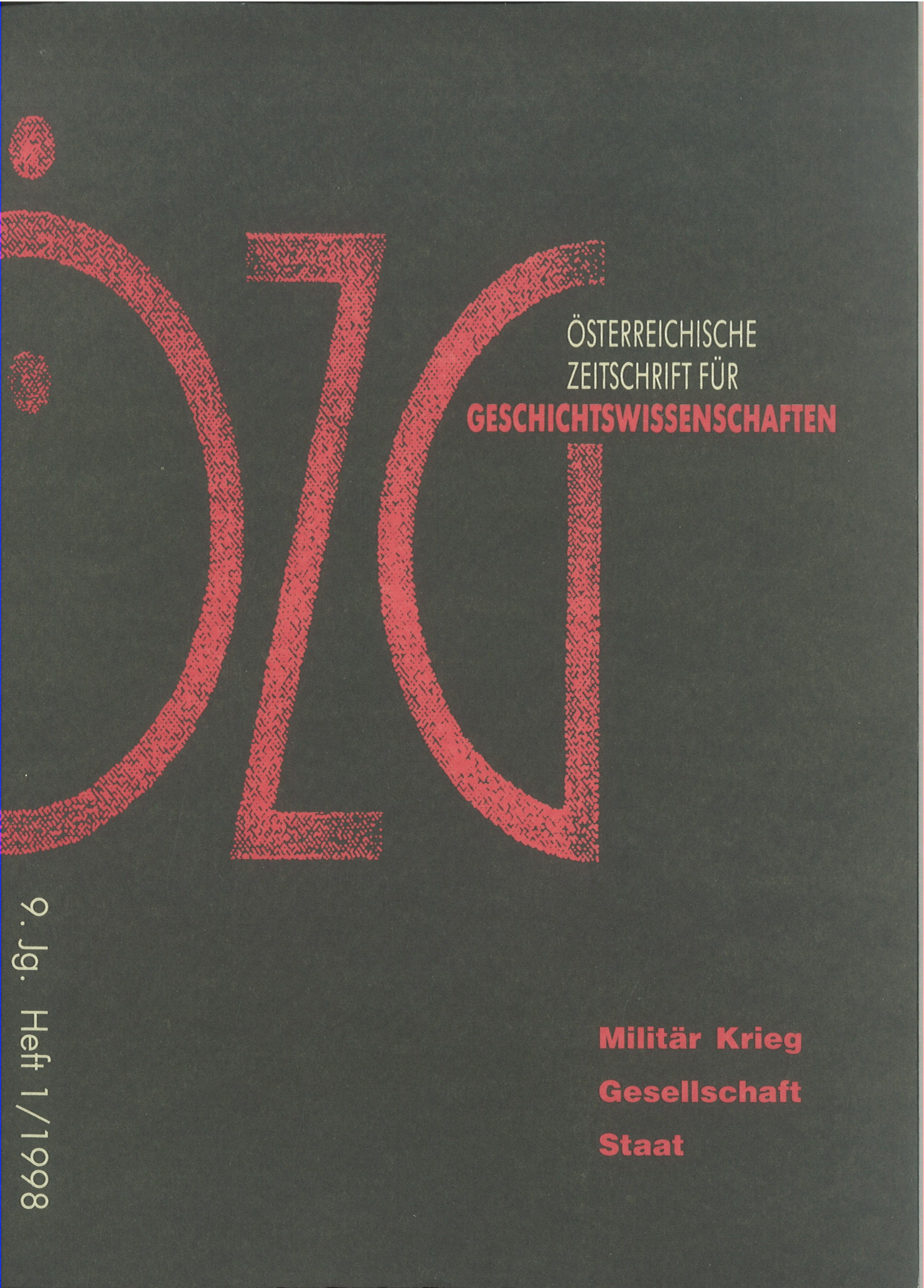Die Kämpfe merkwürdig Untoter
K.u.k. Offiziere in der Ersten Republik
DOI:
https://doi.org/10.25365/oezg-1998-9-1-4Abstract
The defeat and collapse of Austria-Hungary in 1918 was an enormous shock for former members of the Habsburg army's officer corps. They generally feit uprooted and humiliated by this experience, while their perception of a loss of honour encouraged widespread revanchist feelings. However, thanks to the help of numerous organisations, such as ex-servicemen's associations, interest groups, political groupings and public organisations, former officers were able to establish an informal network, which served both as a kind of employment agency and also as a political vehicle in their struggle for rehabilitation. The majority was eventually able to embark on new, alternative careers, once early difficulties had been overcome, and numerous judicial records show that their main concern was an improvement in their material situation. At the same time, great efforts were made to achieve honour and recognition, particularly in the form of military and civil awards or titles, even though the officers' concept of honour generally declined in importance. Ex-officers' greatest success was undoubtedly in their struggle over historical memory andin the political sphere. Through their dominance of the state war archive and their activities as historians and journalists, they were able to reinterpret and heroicise their own role in the 1914-18 war. Despite the fact that the restorationist desires of loyalist officers were never fulfilled, the antiparliamentarian, authoritarian strategy of the ex-officer dominated Heimwehr militia proved highly successful, leading not only to the destruction of democracy, but also the militarisation of society.


